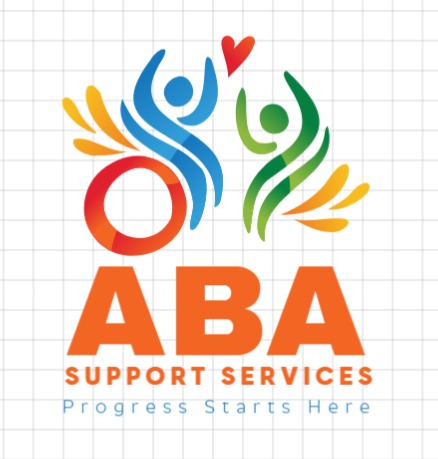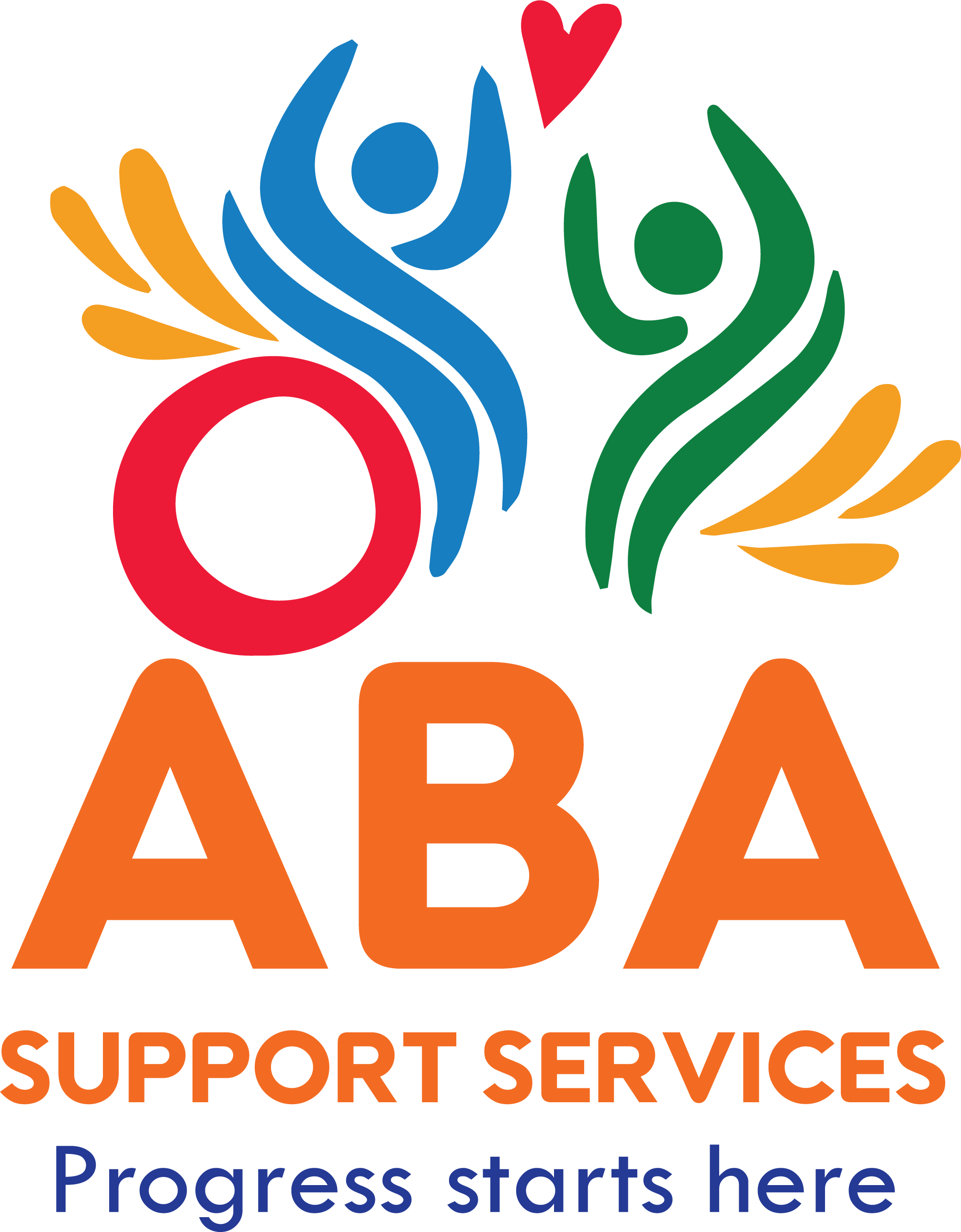
In a significant push for inclusivity, organizations and support groups worldwide are launching Social Integration Programs aimed at enhancing the lives of individuals with autism and other disabilities. These programs focus on breaking social barriers, fostering independence, and providing opportunities for meaningful engagement in community life.
With autism spectrum disorder (ASD) and other developmental challenges affecting millions globally, the need for structured social inclusion initiatives has never been greater. The Social Integration Program is designed to address these challenges by equipping individuals with essential life skills, improving their social adaptability, and fostering stronger community ties.
Breaking Barriers Through Social Integration
- Developing Social Skills
One of the core objectives of the program is to help participants develop effective communication skills. Structured activities such as role-playing, group discussions, and real-world social interactions enable individuals to practice greetings, conversations, and social norms in a supportive environment.
- Encouraging Community Participation
The program actively promotes community engagement by organizing recreational activities, volunteer opportunities, and cultural events. By participating in such events, individuals build confidence, develop friendships, and gain a sense of belonging.
- Providing Employment and Vocational Training
A crucial aspect of the program is its focus on career readiness. Through job training workshops, workplace etiquette lessons, and internship opportunities, individuals learn the skills necessary for employment. Many businesses are now partnering with these programs to create inclusive hiring initiatives, offering more career opportunities for people with autism and other disabilities.
- Supporting Independent Living
Living independently is a key milestone for many individuals with developmental disabilities. The program provides training on navigating public transportation, grocery shopping, and accessing community services. These skills help participants gain confidence in managing daily tasks independently.
- Strengthening Family and Peer Support Networks
The success of social integration is often linked to strong support networks. This program includes family counseling, peer mentorship, and support groups to educate families and caregivers on best practices for fostering social inclusion.
Impact and Success Stories
Numerous success stories have emerged from social integration programs. Participants have reported improved social skills, increased employment opportunities, and stronger community connections. Families have expressed gratitude for the support and training provided, highlighting the positive changes in their loved ones’ lives.
One such success story is that of David, a 23-year-old with autism, who, through the program, secured his first job at a local café. His ability to interact with customers and manage responsibilities independently has been a source of inspiration for many.
A Step Towards a More Inclusive Society
As awareness about autism and other disabilities continues to grow, social integration programs play a crucial role in shaping a more inclusive society. Governments, businesses, and communities are encouraged to support and expand these initiatives, ensuring that every individual, regardless of their abilities, has an opportunity to lead a fulfilling and independent life.
For those interested in participating or supporting this cause, local organizations and advocacy groups offer a variety of resources and volunteer opportunities. Together, we can create a society that embraces diversity and empowers every individual to thrive.

